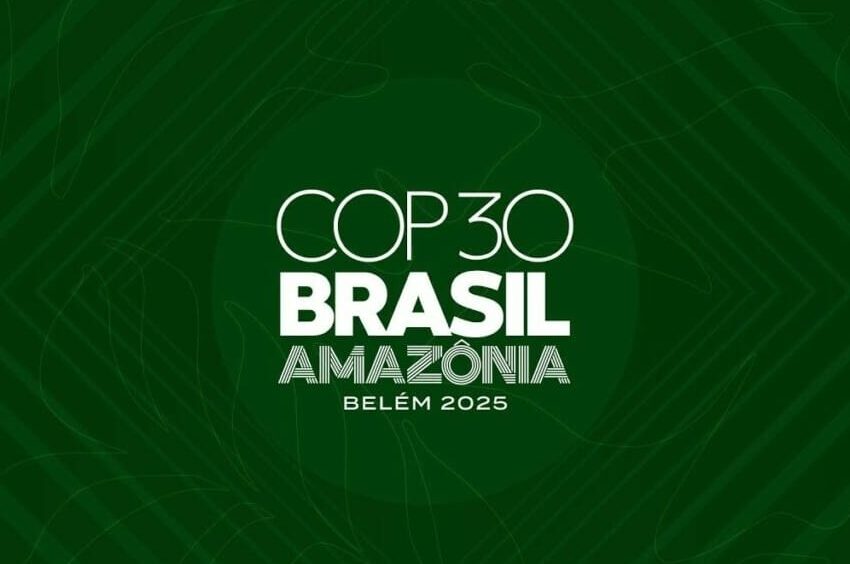COP30 Pushes Global Cities To Act On Rising Heat As UNEP Issues New Warning

More than 150 cities join joint effort on extreme heat as new UNEP analysis underscores mounting health and economic risks
A concerted drive to confront extreme heat gained pace at COP30 in Belém, where the United Nations Environment Programme released its latest Global Cooling Watch 2025 report and advanced a wide-ranging urban initiative aimed at safeguarding communities from intensifying heatwaves.
The programme, developed by the COP30 Presidency with support from the Cool Coalition, has already drawn participation from more than 150 cities, including major centres across Latin America, Africa and Asia. Its purpose is to help municipal authorities address the growing threat of heat stress and adopt practical, energy-efficient cooling measures.
Speaking at the gathering, UNEP Executive Director Inger Andersen said rising temperatures were already contributing to more than half a million deaths each year. She argued that access to cooling should be treated as fundamental public infrastructure, vital to schools, hospitals and local economies. Although cooling demand is increasing sharply, she warned that reliance on conventional air conditioning would only deepen the climate challenge.
The report notes that, without decisive action, the number of people exposed to hazardous urban heat could rise sevenfold by mid-century. Yet it also presents a suite of proven measures, ranging from climate-responsive building design to expanded tree cover and modern refrigeration technologies. UNEP estimates that efficient, low-carbon cooling could cut sectoral emissions by as much as 64 per cent and lead to substantial energy savings over the long term.
Brazil’s Vice Minister for Environment and Climate Change, Adalberto Maluf, drew attention to the country’s recent record temperatures and said the initiative offered mayors a practical route to strengthen adaptation. He highlighted the role of scientific data in guiding decisions on nature-based interventions and in helping cities secure finance for implementation.
The “Mutirão” or collective effort now counts more than 80 partner organisations and is expected to extend its reach to 200 cities, including 80 in Brazil. Its organisers hope to place heat adaptation firmly on national and local agendas, positioning it as an essential public policy issue at a time when climate extremes are reshaping daily life across much of the world.






































































































































































































































































































































































































































































































































































































































































































































































































































































































































































































































































































































































































